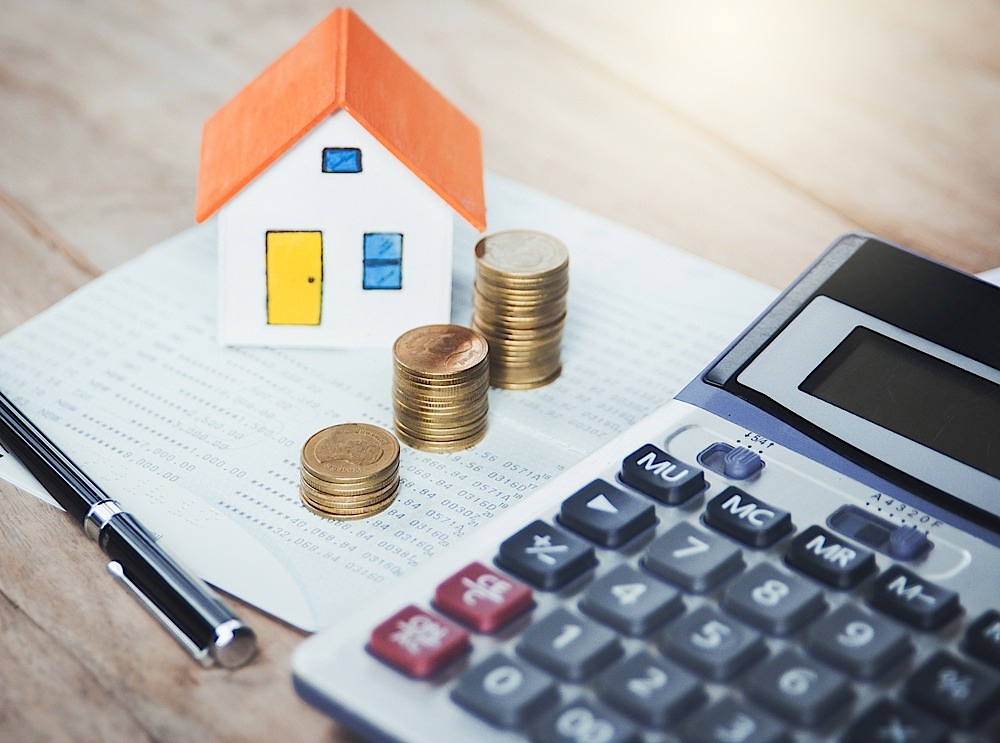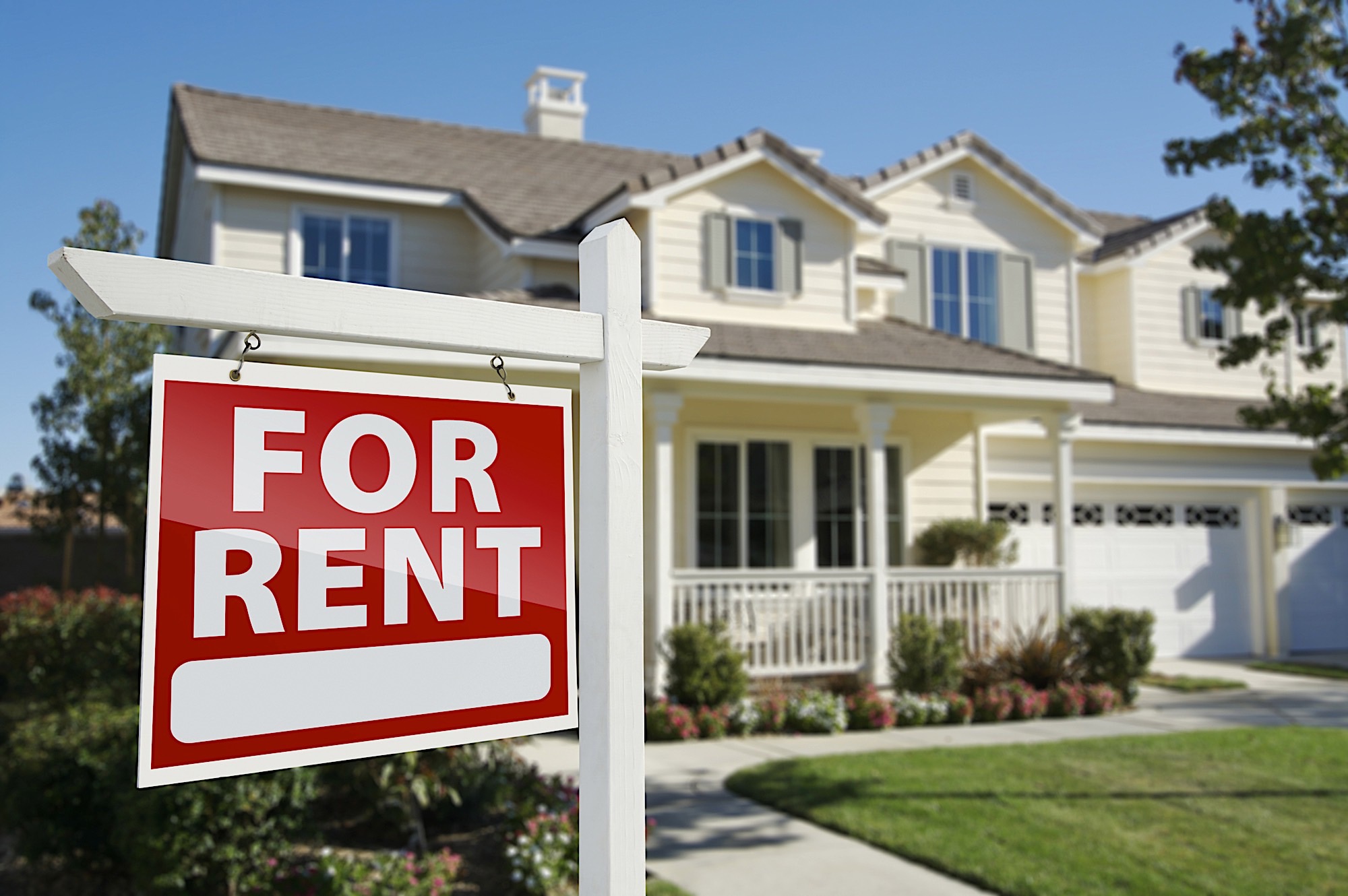A buy and hold rental portfolio is one of the building blocks of long term real estate investing success. Regardless if you have one single family property or a pool of apartment buildings it is critical that you understand the numbers. Omitting or miscalculating a few expenses can quickly cause a profitable looking property to turn negative. A rental property with negative cash flow will weigh on your portfolio and make you second guess buying rental property in the future. In most cases all of the expenses are black and white however there are a few that are often overlooked. It is these overlooked expenses that make all the difference with your cash flow. Here are five overlooked rental property expenses you need to be aware of.
- Maintenance. Every rental property will need maintenance at some point. In fact if you are not getting maintenance calls your tenants may be hiding an issue with the property. Maintenance doesn’t necessary mean replacing the furnace or hot water heater. It can something as basic as getting the locks changed on ever lease or repairing a clogged toilet from time to time. Individually these items will not break the bank. However added up they can be much more than you may realize. You also need to factor in seasonal items such as cutting the grass and snow removal. There are also costs for seasonal maintenance on the furnace, HVAC and house cleaning after every lease. It is not a stretch to say that these costs can quickly exceed a thousand dollars or more annually without having to deal with a major problem.
- Vacancy. No landlord ever expects a vacancy. However the longer you own rental property the more realistic it becomes. With every property you own you need to ask yourself what you would do if your tenant suddenly stops paying. Most landlords think they are protected by eviction laws but they don’t work overnight. Even with the courts help you are still looking at multiple months without income coming in. Without capital to help bridge the gap until you can find a new tenant you will be looking at trouble. At least some portion of the rent received should be placed in a reserve vacancy fund. You should plan on not touching this money for as long as it takes to have a vacancy. Ideally you won’t need this money for several months, if not years. However when the inevitable vacancy pops up you will be glad you have these funds available. Unexpected vacancies can happen with any tenant and to any landlord.
- Fees. There are several fees that are unrelated to the property. Everyone is aware of property tax and insurance fees that come with owning a property. However many towns have begun charging their own set of fees. If your property is located near a number of colleges and universities the town may impose a student housing permit fee. This is required as long as you are currently renting or may want to rent to student tenants in the future. Like most other town fees this won’t break the bank but must be accounted for. You are looking at a few hundred dollars annually on top of inspection fees every few years or so. You also need to make sure you have good tenants in your property. If your student housing tenants are rowdy and cause excessive damage you may be stuck with a bill or a fine from the town. It is a good idea to reach out to the town planning and zoning every few weeks or ask to be put on an email list to be notified of any changes.
- Eviction. An eviction is truly one of the worst things that can happen as a landlord. Not only do you lose your only source of income but you also need to pay to have the problem rectified. Dealing with an eviction means first reaching out to an attorney. Even if you have some idea how the process works having an attorney helps speed things up with the court and make things as smooth as possible. Your best case scenario is having the court set an eviction date a few months down the road. When that day finally comes you can bet that your property will not be in the condition you desire. You will also need to have money to fix any repairs to get the property ready for your next tenants. If at all possible you should try to reach some kind of an agreement with your tenant before you get that far. If not you will be looking at a stack of expenses that will fall on your lap.
- Equipment. There are many rental property owners who decide to self-manage their property. The thought process is that they can save money on management fees by taking care of the property themselves. While this is true to some extent you need to factor in the cost of management. If you are going to cut the grass you need to have a good lawnmower at the property. It is also a good idea to have a reliable snow blower as well as anything else you need to take care of the exterior of the property. You should also invest in a good set of tools and other basic items needed to manage a property. When all is said and done you could be looking at an investment of at least a few thousand dollars.
A well run rental property can be the gift that keeps on giving. Understanding all of the numbers associated is big part in rental property success.






